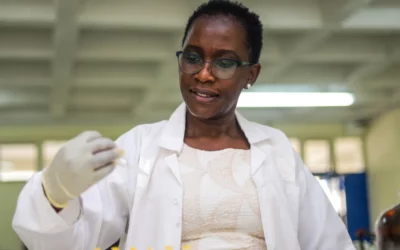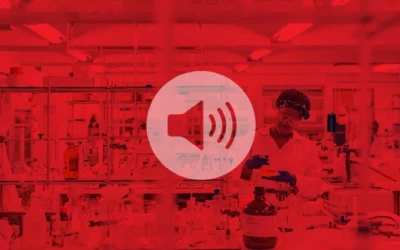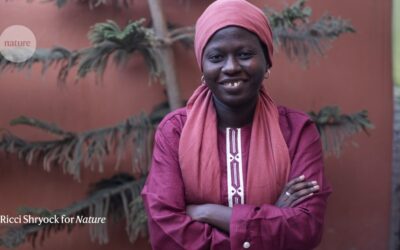By Khadidiatou Sall in medium
The Global Partnership for Education (GPE) conference took place in Dakar, Senegal on February 2–3, 2018. The conference, themed “Financing the future,” was co-chaired by Senegalese President Macky Sall and French President Emmanuel Macron. More than 2 billion dollars were raised to fund education in the GPE’s developing countries partners. Many promises were made, and hopefully they will be kept. I really believe in the power of education, so I praise and have much respect for President Macron’s, President Sall’s, Rihanna’s, the GPE’s engagement as well as the countries that have participated. However, as a trained scientist, I have many questions. Will these engagements really contribute to effecting significant changes in the Senegalese education system and improving the education of our people? As the Ghanaian President Nana Akufo-Ado said “If we make our policies dependent on other people, when their policies change we will suffer. But, if we make the policy for ourselves, then it means that, at all times, we will be in control of our own destiny.” These statements were the highlight of the meeting.
Our school curricula are so underdeveloped and based on an a colonial system that no longer exists. Hands-on activities, local languages and digital education are neglected. Scientific knowledge is learned in a purely theoretical context without a hint of experimentation. However, it is essential that students see the relevance of what they are learning in everyday life. Therefore, curricula have to be modeled to the needs of the community by integrating relevant local knowledge and should be taught in a language that the community understands.
Sometimes, the seemingly well-intentioned policies of developed countries do not necessarily align with our best interests. For example, the Senegalese government is receiving funds from France, a country that is very committed to advocating use of the French language in Africa. If we receive funds from them, there are strings attached. Strings that can act to the detriment of our people/culture/country/society. How much flexibility do we have in spending it on programs that truly have the potential to impact the future of Senegalese students? Are we permitted to use these funds to teach and create learning resources in our native languages? After all, UNESCO released a report titled “Mother Tongue matters : Local language the key to effective learning.” We Africans know it does, especially those of us involved in education. While French is the primary language of instruction in our schools and academic institutions, French is spoken by less than 32% of the Senegalese population. In contrast, Wolof (our native language) is spoken by an excess of 90% of the population. It is ironic that our own native language is being neglected.
I started a not-for-profit organization named SeeSD (Science Education Exchange for Sustainable Development) in Senegal to promote STEM education. For us, it is much easier to teach scientific concepts using Wolof than French because students simply understand better and pick up on said concepts faster. If you have doubt, I challenge you to go to a school in Senegal and ask several random kids to separately solve a math problem. Phrase the problem either in Wolof or in French for a given student. You will find that kids(/students) will give you the correct answer much more frequently when the problem is phrased in Wolof, our native language. This means that many children are spending time at school and thinking they are bad at math and do not have proper logical skills, when they are really only facing a language barrier. I used to be that child. I had to work very hard to overcome those barriers. Now, I have a PhD in Molecular and Cellular Biology, but not many people who look like me do. What if this upcoming generation does not have as many barriers as I did growing up? What if we can just make it easier for them? I beg our institutions to give credit to us Africans who have been through the educational system and have overcome it. Our input can really help shape policies that will make our education more fun, practical, inclusive and culturally relevant.




